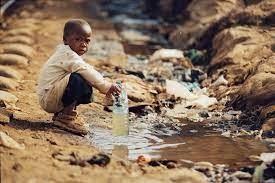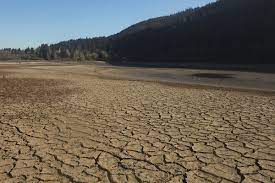The health sector in Somalia is significantly impacted by climate change.
The increasing temperatures and changing weather patterns contribute to the spread of vector-borne diseases like malaria and dengue fever.
Additionally, water scarcity and poor water quality lead to waterborne diseases.


Erratic weather patterns, including prolonged droughts and unpredictable rainfall, decimate crops and livestock, the main food sources for many. This scarcity heightens the risk of malnutrition, especially among children, worsening an already critical public health situation in the country.
Addressing these health challenges requires integrating climate change adaptation into public health planning and response strategies.
Enhanced Surveillance and Monitoring: Establish robust systems to monitor climate-related health risks like malnutrition and waterborne diseases. This allows for timely intervention and resource allocation.
Climate-Resilient Agriculture and Food Security: Promote sustainable farming practices and diversification of crops to ensure food security even in adverse climatic conditions.
Strengthening Healthcare Infrastructure: Upgrade healthcare facilities to withstand extreme weather events and expand access to healthcare services, especially in rural and vulnerable communities.
Community Awareness and Education: Educate communities about the health impacts of climate change and how to adapt lifestyles and practices for better resilience.
Collaboration and Funding: Foster partnerships between government, NGOs, and international bodies for resource sharing, research, and funding to support climate adaptation strategies in public health.



